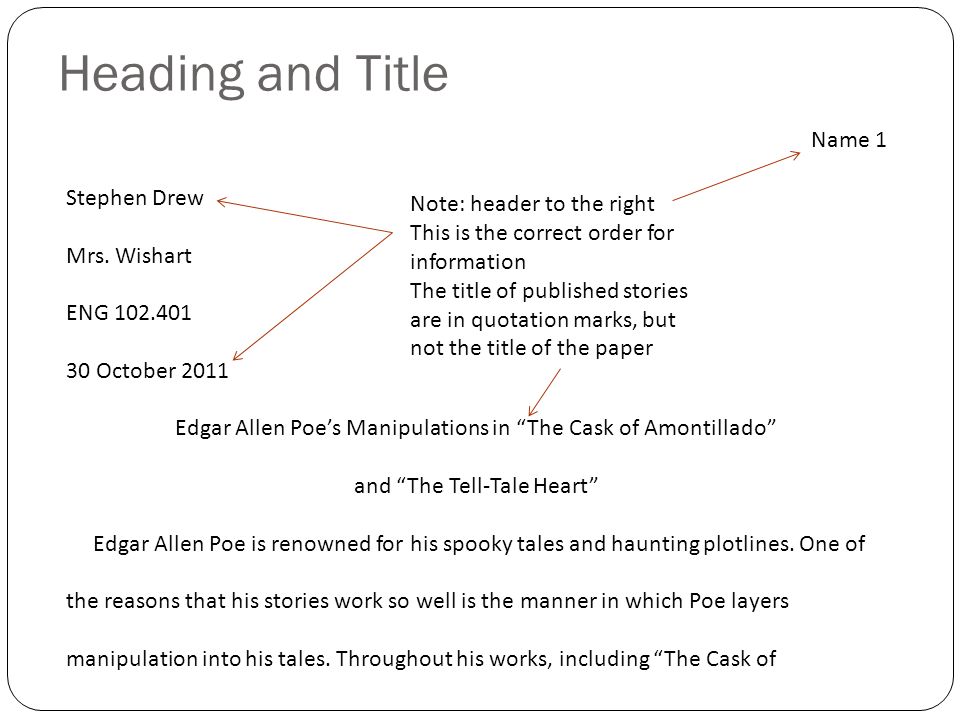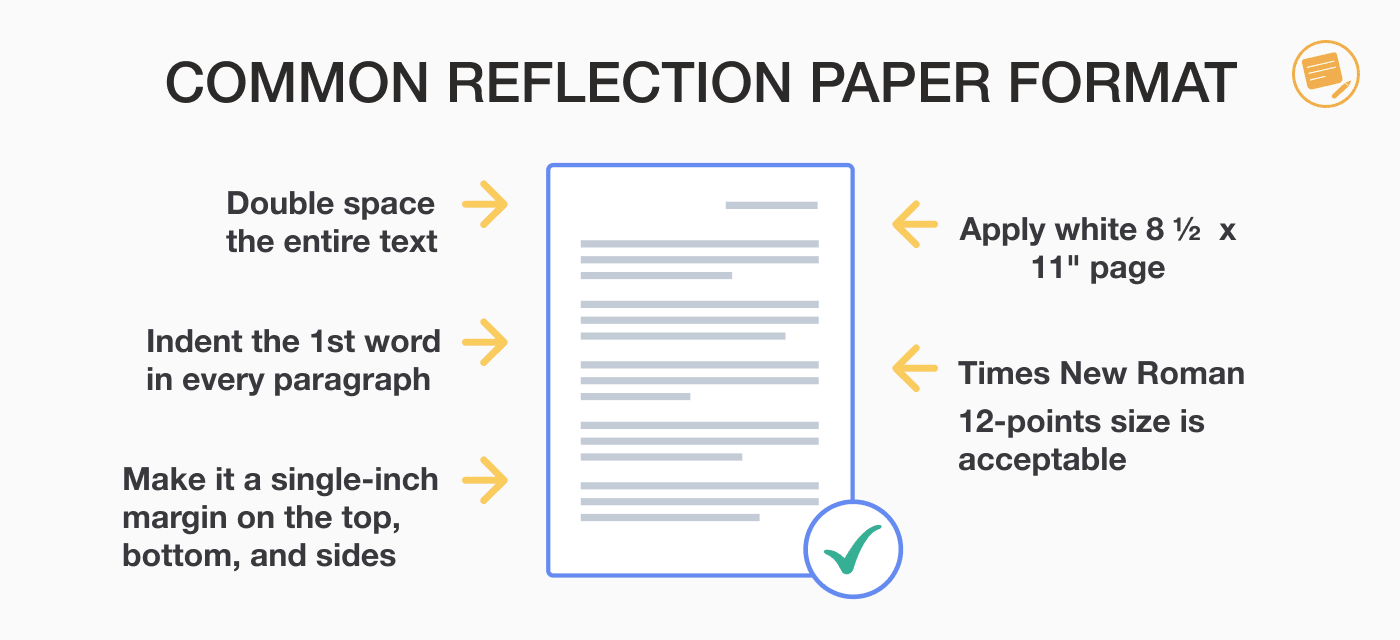
PapersTime.com is reliable and really effective college paper writing service. We know what you need to become a bright student and we will try our best to help you in achieving this goal.
A college paper is one of the common written assignments every student regularly deals with. College papers can include a whole range of written works, but even if you’ve completed dozens of papers in your time as a student, there are still things to learn. Find out how to create a college paper that will impress everyone!
The most popular way to take advantage of a college paper example is to use it as a template, especially if you’re struggling with all the different format requirements. Plus, writing an outline for your own college paper is much easier if you have something to get your inspiration from. Find some of the best sample college papers on our website!
So, how to write a college research paper? Go to the local library or surf the internet to find some data on your topic Try to analyze the information you have read in order to find as many relationships between the facts as possible and only then start formulating a thesis statement for your college research paper.
College Paper Writing Service
When the work with your thesis statement is done, start to think about your essay organization. Good college research paper example usually has a thesis statement in the first passage, so you may also start your essay with presenting your thesis and then include reliable evidence in the body of your academic paper.
- Each page needs to have 1-inch margins on all four sides, unless otherwise specified by your supervisor
If you study at a college or university and have faced certain difficulties in writing college papers, stop feeling trapped. We have a great expertise in performing college research papers and today we are ready to share some secrets of the 'how to write a college paper' with you!

Group your sources based on which section they go into. If it’s a good source on the context of your main topic, put it under your background section with your source notes included, and create points based on that research.
With the example we’ve been working with, let’s say we chose the Cuban Missile Crisis as our event. I would then type the Cuban Missile Crisis into my database and see what academic papers come up.
Your conclusion is merely a summary of what you spoke about in your paper. Do not include new information in your conclusion! Doing so takes away from what the paper was really about and confuses the reader.
You don’t have to create it at the end though. You might find often that you’ll write a thesis at the start and just correct it as your essay points change while writing.
Creating Proper Sections
- The prompt
- The number of sources needed
- Where your sources have to come from
- Font size
- Word count
A quick google search will give you the basic guidelines of MLA. Use this MLA format tool if you’re confused about how to cite sources properly.
In my experience most professors won’t ask for a specific format in their essay guidelines. This means you’ll want to use whatever you’re most comfortable with.
Create a document with the following basic guidelines of the paper:

An outline helps you arrange your ideas before you begin drafting the paper. Start by re-reading the assignment and jotting down the main topics your paper must address. And then think about how to order them: which of the two readings should you discuss first? Where should you address counter-arguments? Should your descriptive paragraph come right after your introduction, or can it wait until page two?
So how are you supposed to figure out what your professor wants? It’s easy: study the assignment and ask questions. Even better, ask if your professor uses a grading rubric for essays. Then you’ll know exactly what your professor wants to see.
When you’re rewriting the paper, don’t simply correct the typos and submit again––professors might feel like you’re wasting their time if you don’t listen to their comments. You might need to add more sources or strengthen your argument. It might require several hours of work. But if that means raising your grade on a significant assignment, it’s time well spent.
If you’re intimidated by the basic five-page paper, you aren’t alone. But college essays are not rocket science. Regardless of whether you’re writing a paper for history, English, sociology, psychology, or any other class, these simple methods will raise your grade on any college paper.
Know Your Five-Paragraph Essay
Some professors might not admit it, but here’s the truth: every professor wants something slightly different from your paper.
You didn’t think you were done just because you turned in the paper, right?
What does that mean? You need to master time management for college papers.
In each of these examples, the little bit of humor covers the brag. Each is basically pointing out that the author had to work a lot and it wasn’t always fun. No need to push this humor thing, though. Essays don’t need to be funny to be relatable, and if the joke doesn’t come naturally, it might come across as trying too hard.
This is basically a huge list of qualities/skills/values that could serve you in a future career.
How do you stand out? A cliché is all in how you tell the story. So, if you do choose a common topic, work to make uncommon connections (i.e., offer unexpected narrative turns or connections to values), provide uncommon insights (i.e., say stuff we don’t expect you to say) or uncommon language (i.e., phrase things in a way we haven’t heard before).
I noticed in our conversation that she kept coming back to things that made her feel comfortable. She also repeated the word “home” several times. When I pointed this out, she asked me, “Do you think I could use ‘home’ as a thread for my essay?”
Five (more) ways to find a thematic thread for your personal statement
Did you spot the Narrative Structure elements? If not, here they are:
A description of these extracurricular activities may have sounded like a laundry list of the author’s accomplishments. But because she’s naming other stickers (which connects them to the essay’s thematic thread), she basically gets to name-drop those activities while showing other parts of her life. Nice.
Could the mental health challenge be a brief explanation in the Additional Info section? To see if this might work for you, see how briefly you can describe your mental health challenge using factual bullet points. Devote one bullet point to the challenge, another bullet point to what you’ve done about it, and a final bullet point describing briefly what you’ve learned.
When I met with this student for the first time, I began asking questions about her objects and details: “What’s up with the Bojangle’s Iced Tea? What’s meaningful to you about the Governor’s School East lanyard? Tell me about your relationship to dance . ”

An average college term paper has a length of about five to seven pages. Each page must include at least two paragraphs.
Nobody would believe how smart you guys are without trying your writing services. My personal writer not only picked exactly the right topic for my Master’s thesis, but she did the research and wrote it in less than two weeks. Incredible.
The first step is to develop a strong and clear thesis for your papers for college. It should discuss the central goal of your writing piece.
Furthermore, if you find something that does not match your paper requirements, you can also ask for free revisions. Our 24/7 customer support is always available to answer your queries.
What are the Parts of a College Term Paper?

You can check out free sample papers on our website. These examples will further help you to evaluate the writing skills of our authors.
Every college term paper needs to have a topic. Try to find a unique angle and identify the aim of your paper.
We NEVER reveal your identity or personal information to any 3rd parties. We’re committed to protecting your privacy.
Reflection papers should have an academic tone, yet be personal and subjective. In this type of paper you should analyse and reflect upon how an experience, academic task, article, or lecture shaped your perception and thoughts on a subject.
- State what you are analysing: a passage, a lecture, an academic article, an experience, etc. )
- Briefly summarize the work.
- Write a thesis statement stating how your subject has affected you.
Another good way to organize your ideas is to write them down in a 3-column chart or table.
- How my views on rap music have changed over time
- My reflection and interpretation of Moby Dick by Herman Melville
- Why my theory about the size of the universe has changed over time
- How my observations for clinical psychological studies have developed in the last year
What Is a Reflection Paper

After you choose your topic, write a short summary about what you have learned about your experience with that topic. Let readers know how you feel about your topic—and be honest. Chances are that your readers will likely be able to relate to your opinion or at least the way you form your perspective, and that will help them have a better understanding of your reflection.
If you are writing about a book or an academic article, your reflection may include quotes and passages. They give your reader a point of reference to fully understand your feedback. Feel free to describe what you saw, what you heard, and how you felt.
Before you start your paper, read some examples of other papers, they will likely help you get a better understanding of what they are and how to approach yours. When picking your subject, try to write about something unusual and memorable — it is more likely to capture your readers’ attention. Never write the whole essay at once. Space out the time slots when you work on your reflection paper to at least a day apart. This will allow your brain to generate new thoughts and reflections.



